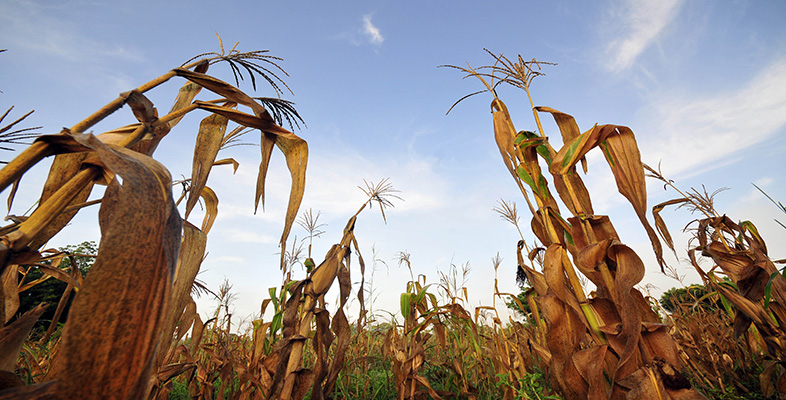4 Case study 2: Refrigerators and climate change
4.1 Domestic appliances and fossil fuels
For this second case study I shall look specifically at the energy use of domestic 'cold appliances', that is freezers and refrigerators, and discuss whether efficiency measures can play a significant role in reducing their energy consumption. The reason for this is quite simple. For many years there has been well-documented evidence of the damage to the environment and cost to human life associated with the extraction, transport and consumption of fossil fuels such as coal and oil, from smogs to acid rain, mining fatalities to oil spills, and from time to time there have been concerns about the security of fuel supplies: would they run out? or would they fall into the hands of unstable regimes? Over the last 20 years another issue has gained prominence: the likelihood that the carbon dioxide emitted when we burn fossil fuels is now reaching the atmosphere in such large quantities that it is changing our very climate.
To set the scene I'll start with an account from several decades ago, when domestic refrigerator design in the United States could apparently afford to ignore such considerations.
